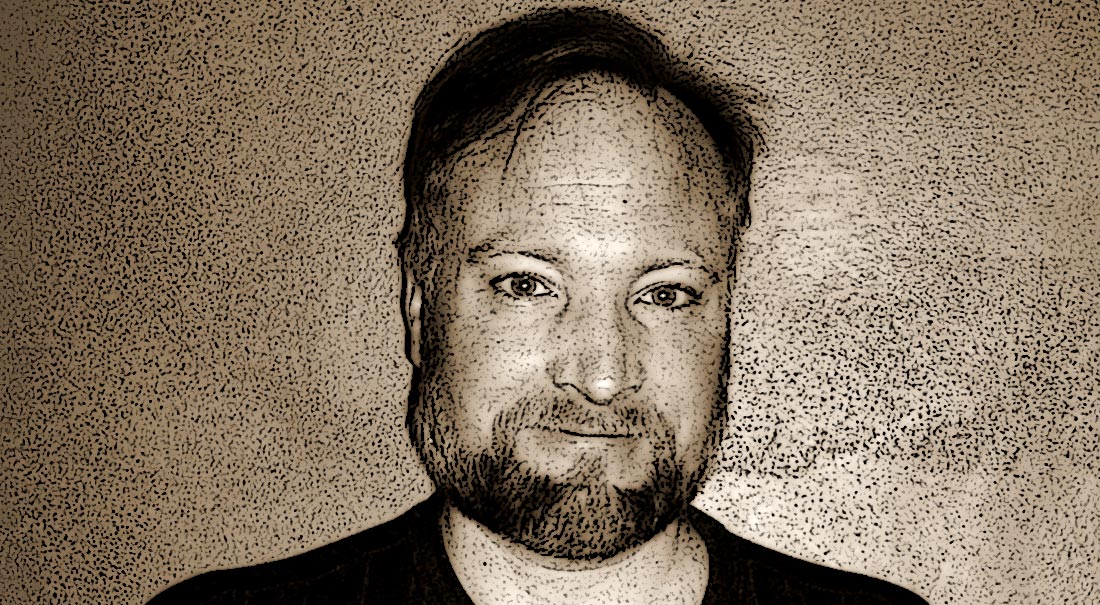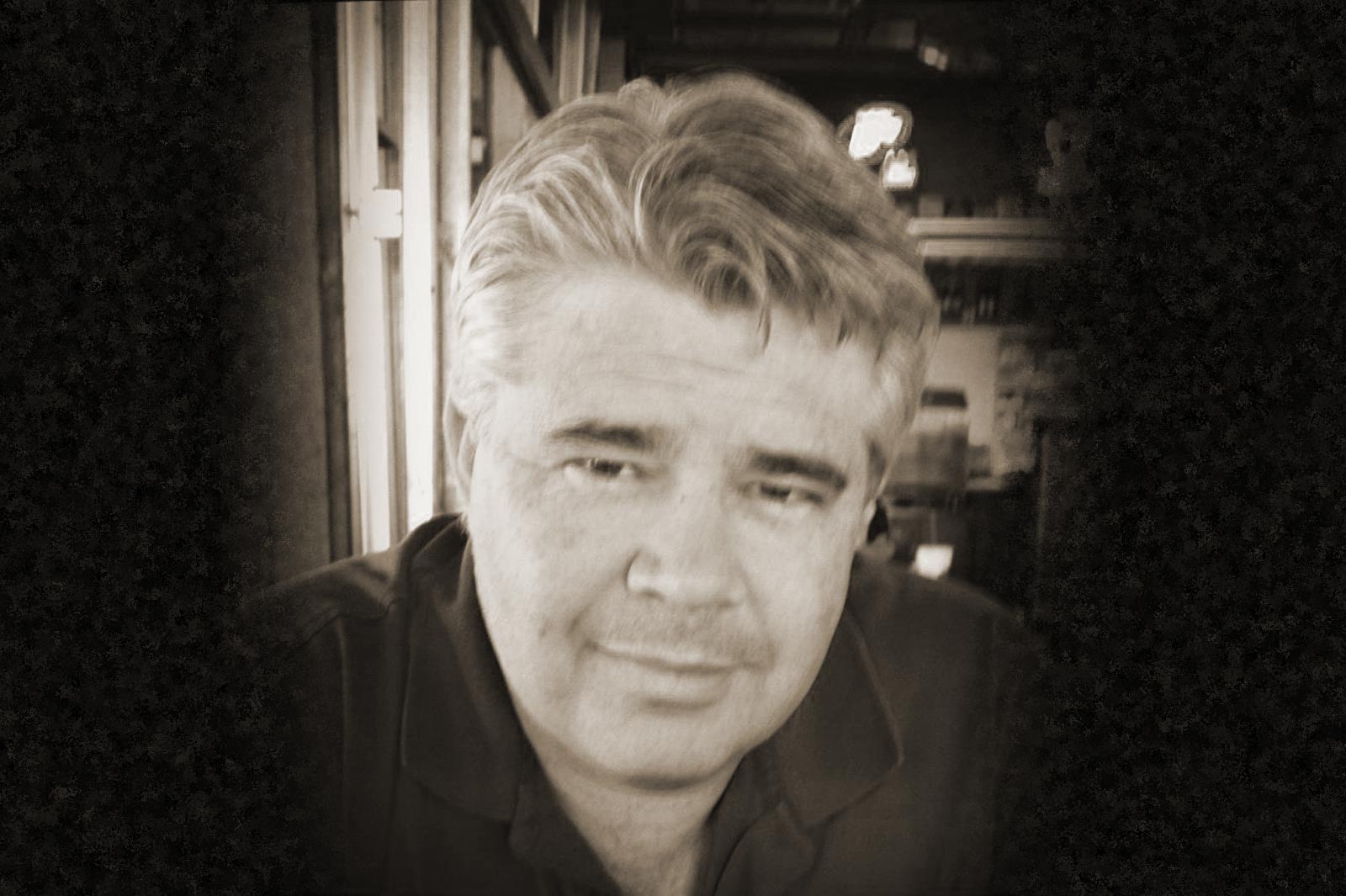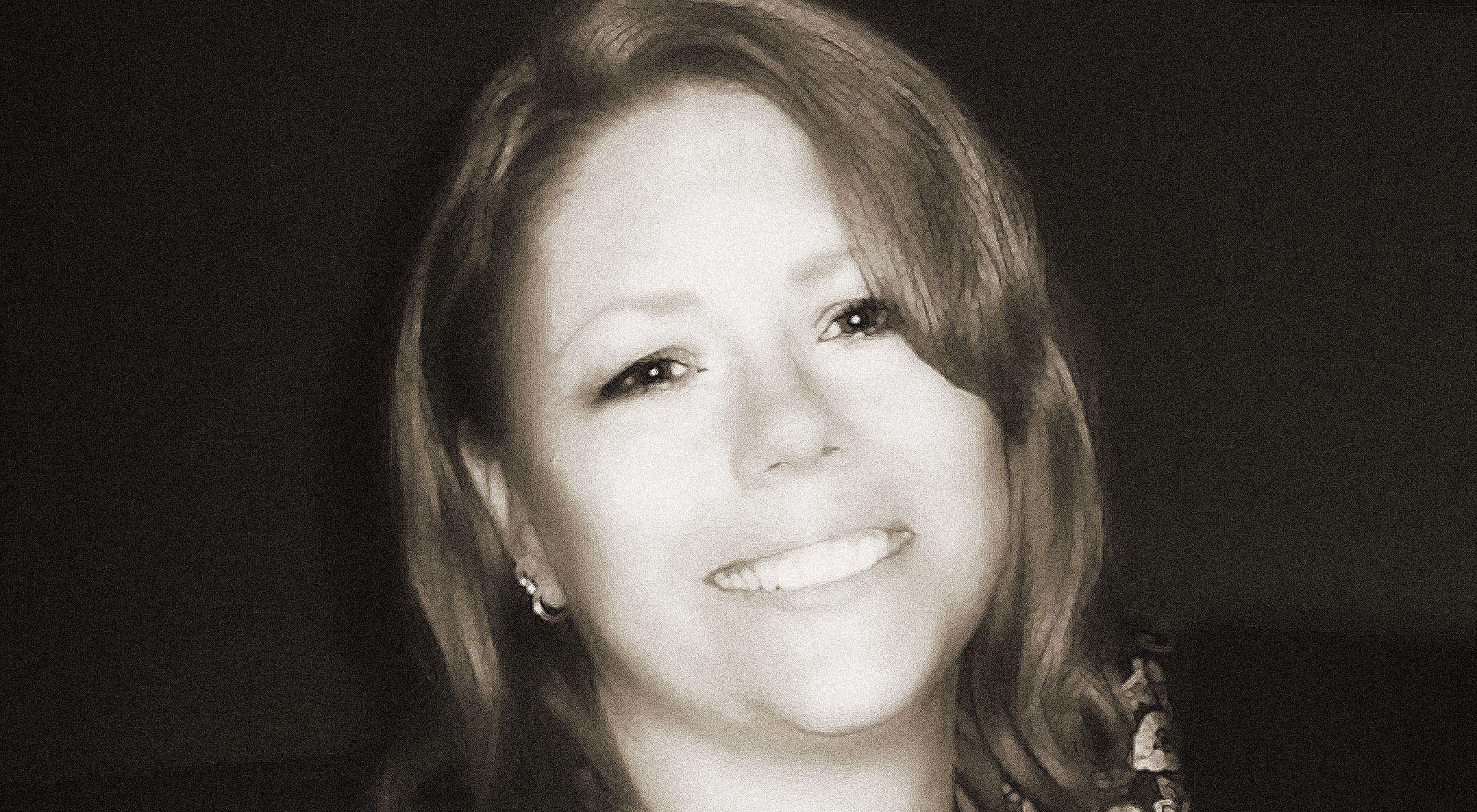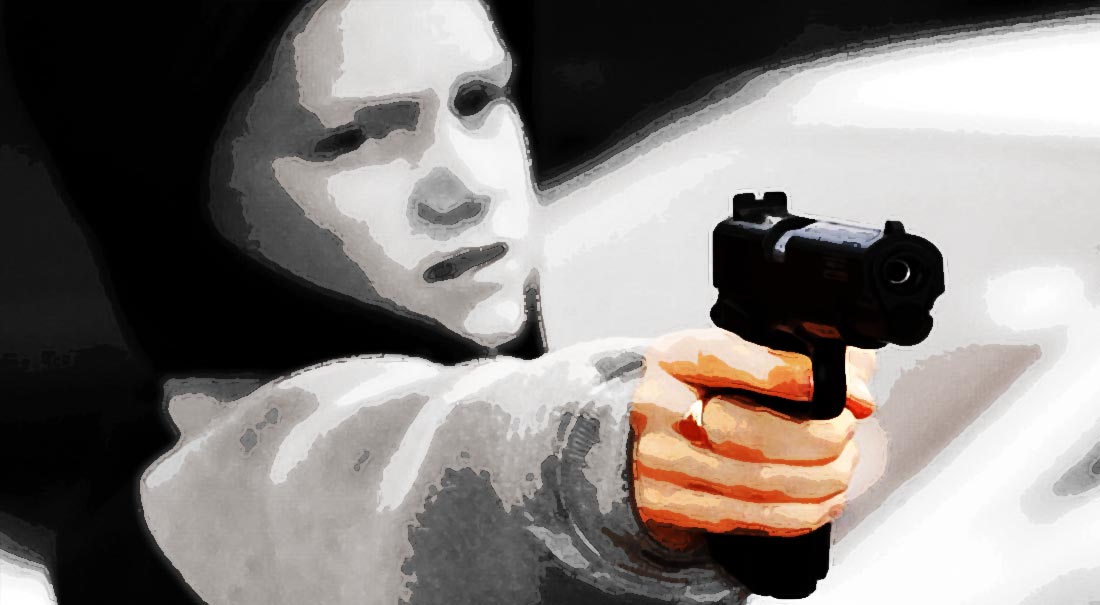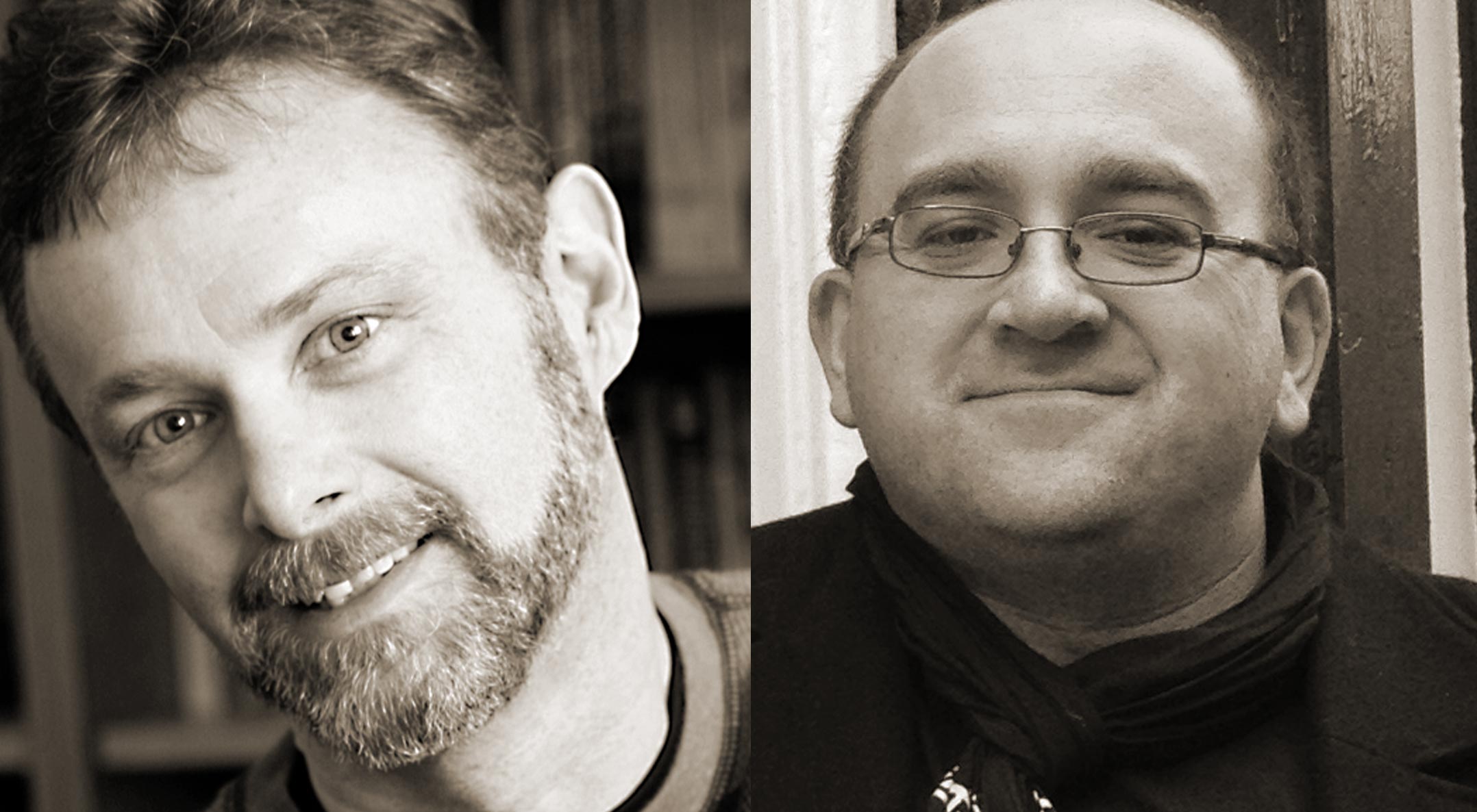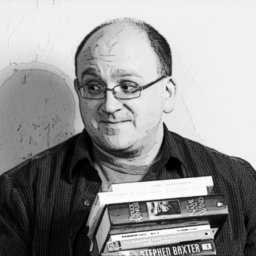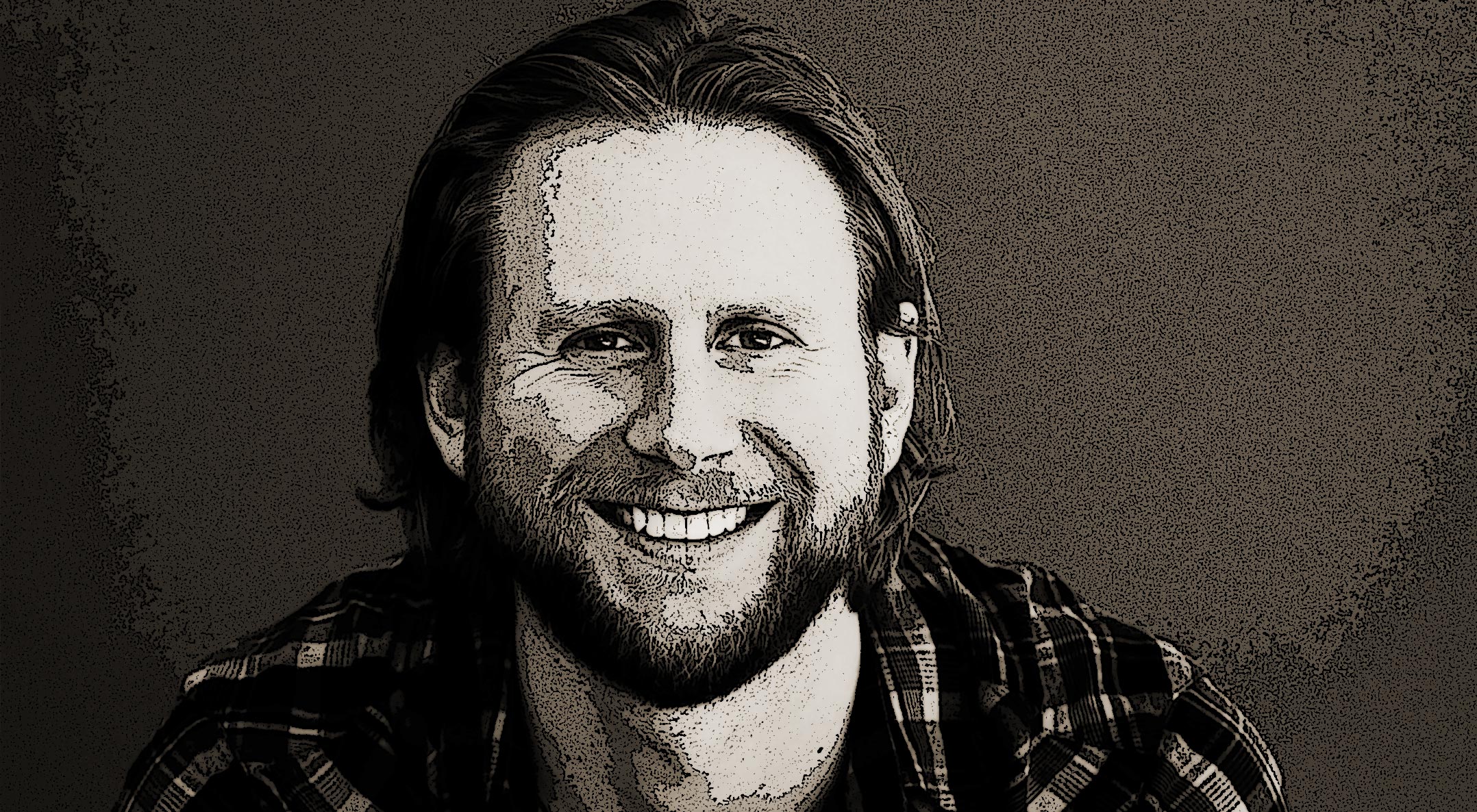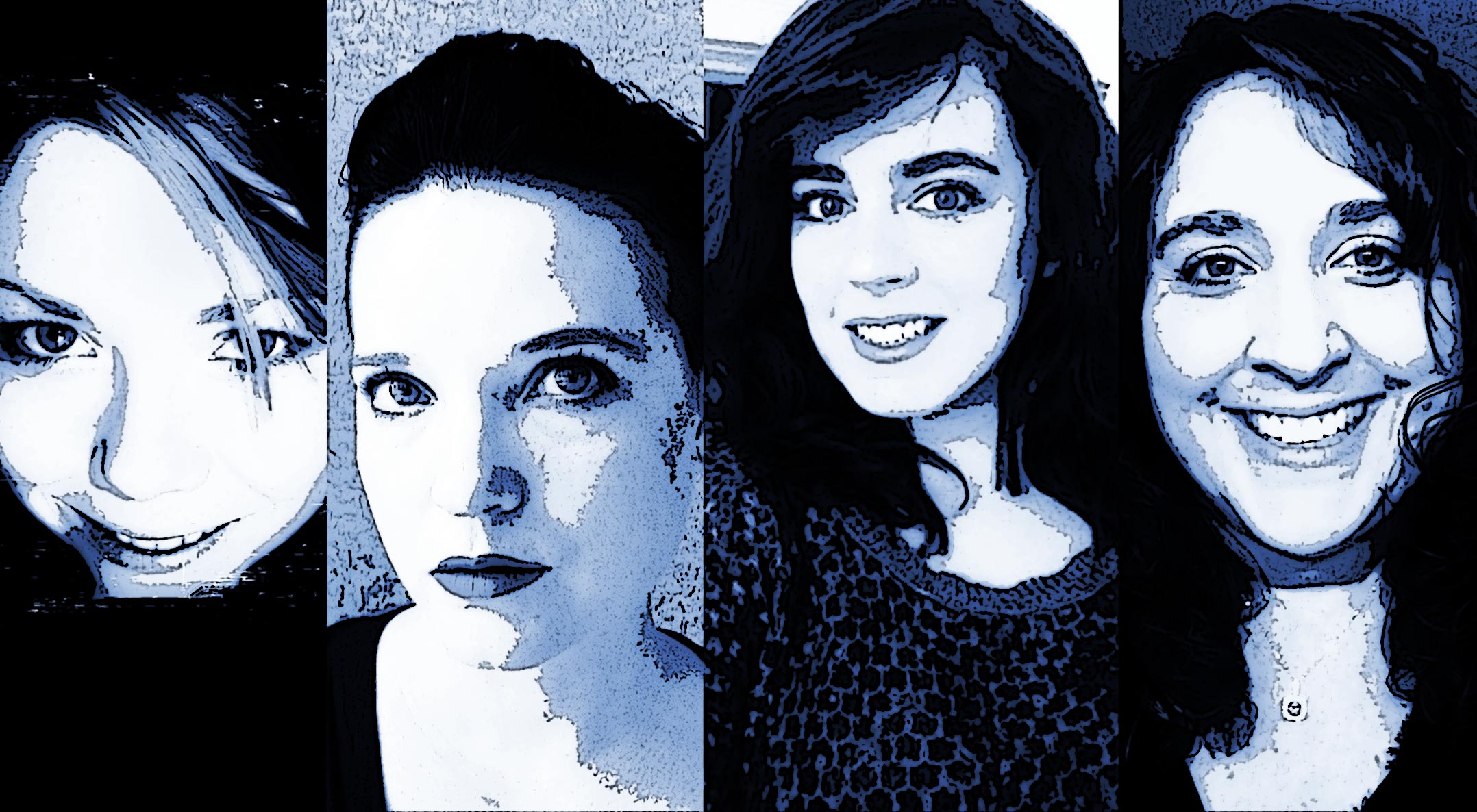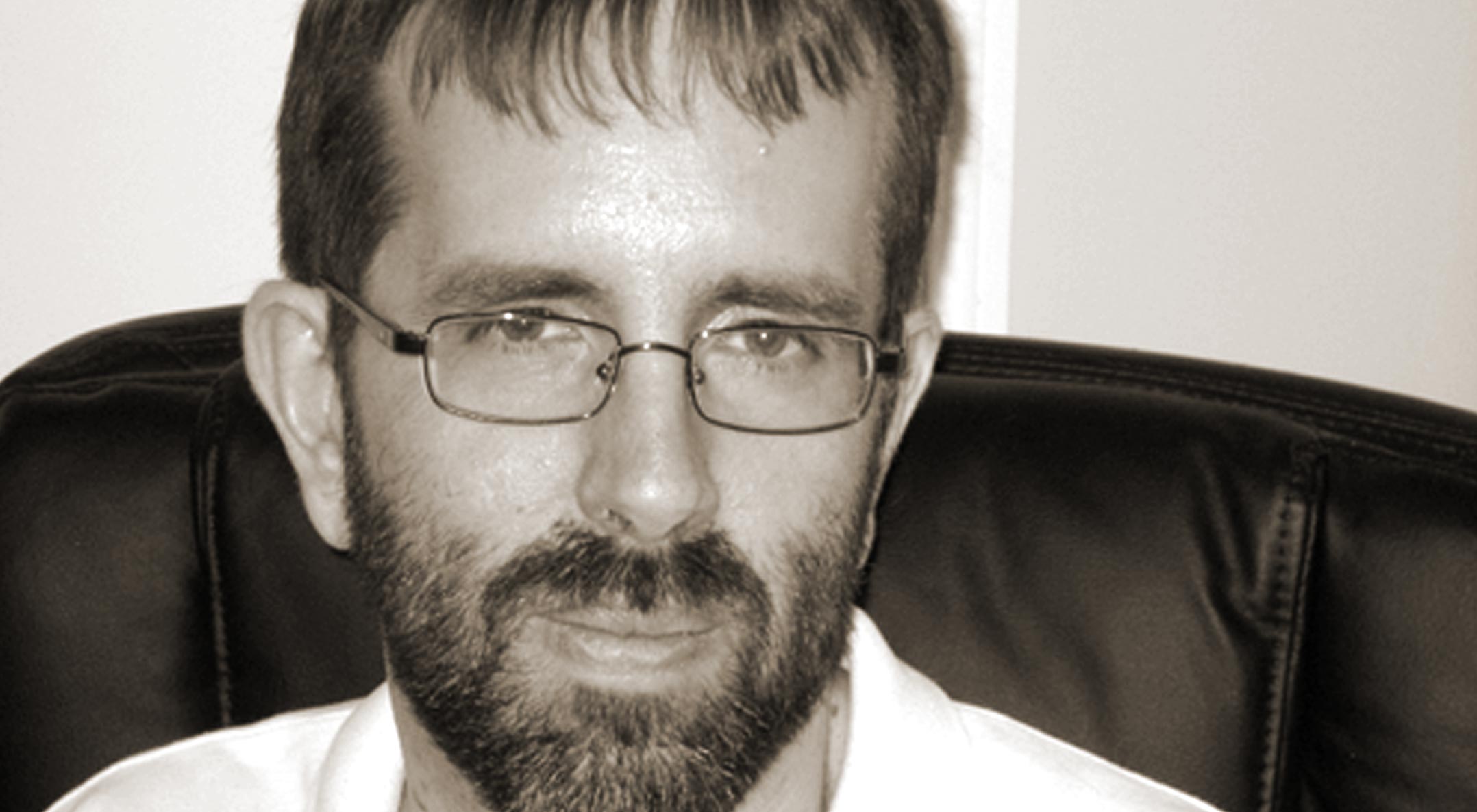
Larry Santoro is an explorer of expression. He has pursued and taught theater, written poetry and plays, produced films, hosted podcasts (like Tales to Terrify, part of the District of Wonders Network), and – of course – stories and novels. While much of his work has been classified as horror, Larry contends that he’s not a horror writer… his stories just turn out that way. Paul E. Cooley joins me as co-host for this episode as we delve into the creative perspectives of this remarkable individual. (and be sure to swing over to check out Larry’s Workshop Episode!)
PROMO: The Full-Cast Podcast
Showcase Episode: 20 Minutes with Larry Santoro
[caution: mature language – listener discretion is advised]
Podcast: Download (Duration: 33:27 — 23.0MB)
Subscribe: RSS
Check out this and all our episodes on iTunes and on Stitcher Radio!
Episode Breakdown






01:25 – Larry’s Splendid Intro
06:05 – You’re canon of work to date is largely horror, and…
- 06:15 – Eeeeeeh… I don’t consider myself to be a horror writer, to be honest… I cut my teeth on science fiction
- 06:30 – Then I kind of stopped writing (for years). I focused on theater.
- 06:40 – I acted when I had to, but mostly I was a director and did a lot of tech work (lighting design)
- 07:00 – The poetry thing was because an intern I was working with was a writer who asked me to come listen to her
- 07:30 – I realized I hadn’t written for a long time and wrote a poem about my grandmother
- 07:55 – I read it and received a nice response. It felt good to get up in front of the public again
- 08:55 – I don’t consider what I do to be horror. I don’t consider what I’m going to write when I sit down
- 09:10 – I start writing and sometimes it’s really nasty
- 09:25 – My “vile tales” got started when I was writing about the death of a prostitute (it was really nasty)
- 10:30 – Someone suggested I submit it to Ellen Datlow’s collection of erotic fiction
- 10:50 – I sent it and I got the fastest rejection in history (within 3 minutes)
- 11:35 – Terrible things happen in some of my stories, good things in others
- 11:50 – I’ll write tales are terrifying but not necessarily horror
- 12:00 – I like the quite kind of horror with atmosphere and mood
- 12:05 – I’ll spend page after page describing the moonlight or the sound of water
- 12:15 – …and then I have to cut a lot of that crap out. I don’t know…
12:40 – Why do people classify what you write as horror, then?
- 12:55 – Because some terrible things DO happen in life, and life isn’t a horror story… that’s what I try to get
- 13:05 – I always begin with character, with a person having some kind of situation that generally is uncomfortable
- 13:25 – Sometimes it gets better, sometimes he THINKS it gets better but it’s not… it’s really worse
- 14:00 – I really don’t know what I’m going to write until I write it
14:20 – PROMO: The Full Cast Podcast
16:30 – At what point do you find you have a sense of the story to be told?
- 16:40 – When I finish it… and sometimes not even then
- 17:00 – After I’ve written [the first draft], then I’m discovering the story and have to go back and shuffle things around
- 17:20 – When I was a dramaturge, I’d help playwrights who had no idea what their play was about
- 17:50 – I would say, “Look, what did you want to do with this… let’s find that path because I think you’ve strayed”
- 18:00 – I stray all the time myself, getting too tied up with a character or a side story
- 19:00 – A piece I’m working on started as a 3K word story and is now up to 15K
- 19:20 – It can’t sustain that, and yet I want it to… I’ve got myself into a bind
- 19:45 – I meant it to be one thing and I’m discovering it to be quite a different tale
20:05 – Do you outline?
- 20:25 – I don’t generally outline… I did for “Just North of Nowhere” to tie the separate stories together
- 21:55 – I changed minor details and there was some re-writing to do.
- 22:00 – I have a tendency to overwrite and get too involved with the senses
- 22:25 – Good writing has to be more than just the story and the character
- 22:35 – There’s another character involved and that’s the heart and soul of the writer
- 22:40 – That is expressed through the senses and too frequently that’s just the visuals
- 23:10 – I always try to triangulate the senses
- 23:20 – In any given scene, try to bring three senses into the scene
24:00 – How do you make a scene horrifying?
- 24:30 – Damned if I know…
- 24:35 – We know something terrible is going to happen… the terrifying part is when you stretch that out
- 24:45 – You let the reader know that, at the end of this sequence, this awfulness will happen
- 25:10 – That builds suspense, but it can also build terror
26:50 – At Shadow Publications, the phrase is “We don’t believe in happy endings.” Do you?
- 27:10 – In the sense that, whatever the torment is, it’s over. There’s a sense of justice.

